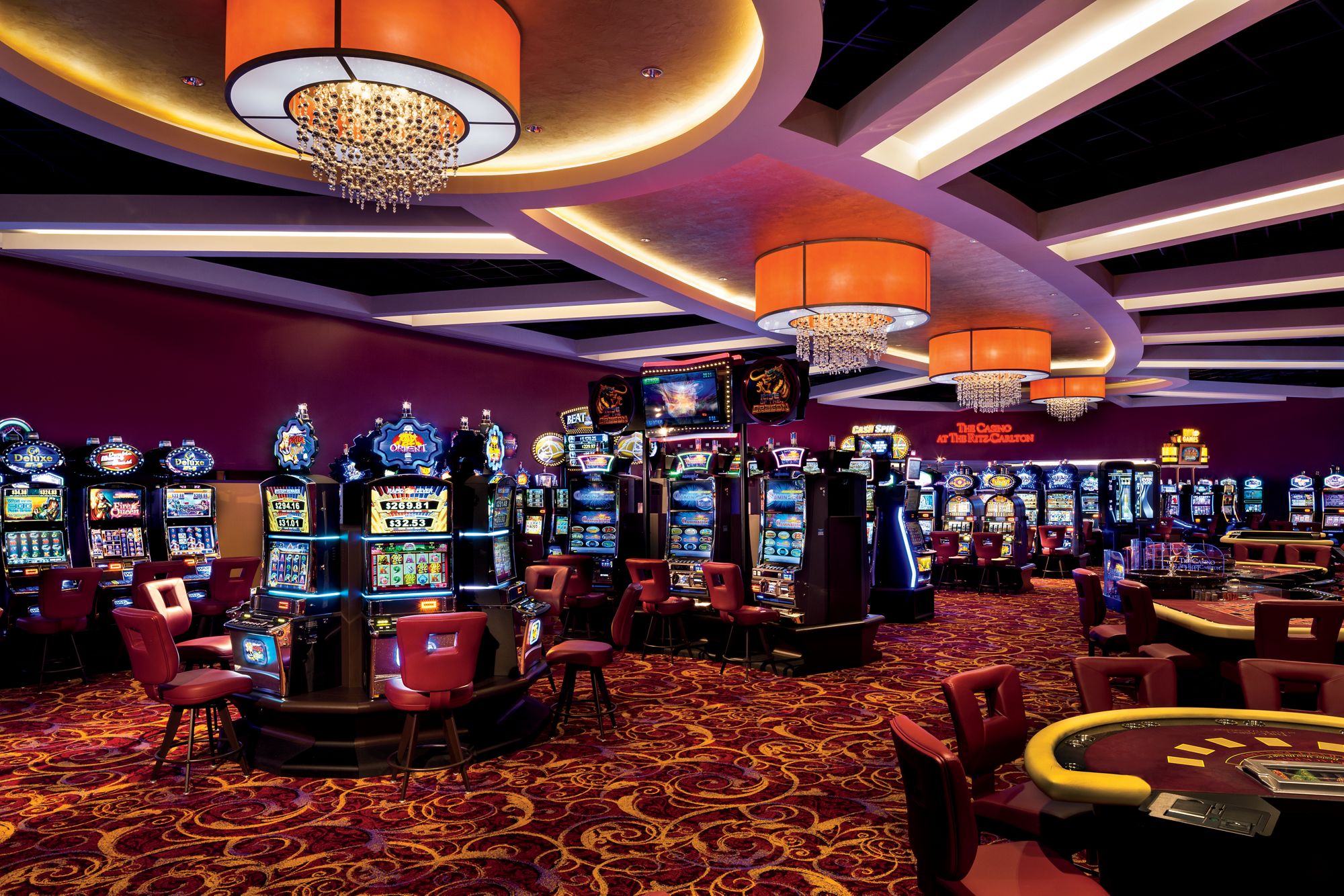Casino games have long been a captivating entertainment option, drawing countless of players from different cultures around the globe. From the lively casinos of Vegas to the busy gambling halls of the Cotai Strip, these games serve as a link that brings together people across various backgrounds. The allure of chance, strategy, and gambling entices not only those hoping to win money but also those seeking a shared experience. Uk88
The significance of casino games extends far beyond the gaming floor. They often represent the values and principles of the communities in which they prosper. Games such as seven-card stud, pontoon, and the wheel game have embedded themselves into the mosaic of popular culture, influencing everything from movies to clothing. As we explore this fascinating intersection of luck and life, we can better understand how gambling games shape and are shaped by the world around us.
Chronological Progression of Gaming Games
The origins of gambling games can be followed back to ancient cultures, where betting in different forms was extensively engaged in. In the East, around 2300 BC, a variant of lottery known as Keno was popular, while in old the Roman Empire, soldiers would often bet on the results of their contests. The concept of using luck for amusement and gain progressed over the years, leading to the establishment of more formal activities. By the final Middle Ages, betting houses started to surface in Europe, particularly in Italy, which presented early incarnations of famous activities still practiced today.
As gambling increased fame in Europe, the 17th and 18th centuries saw the emergence of gaming houses as exclusive venues for betting. The initial official gaming venue, the Ridotto, was founded in Venice in 1638, providing games like the game of Baccarat and the game Faro. This time marked a crucial pivoting point, as casinos commenced to draw not just the wealthy but also the burgeoning middle-tier society. The sophistication of activities increased, leading to the introduction of new regulations and variations that enriched the play experience.
In the 19th century, the industrial age and transformations in social standards also altered the environment of gaming activities. The arrival of roulette and modern one-armed bandits drew a more diverse clientele, and gaming houses became seen as acceptable entertainment. This period witnessed the globalization of casino activities, as gambling houses extended from the continent to the Western Hemisphere, culminating in the development of the legendary Las Vegas Boulevard in the 1900s. The development of casino activities has continued into the present day, integrating new technologies and online sites, making them accessible to a worldwide market.
### Cultural Importance in Different Societies
Gambling games have deep-rooted cultural importance across many communities across the world. Places like Las Vegas, the very essence of the urban landscape is woven around gambling establishments, where gambling is not just a hobby but a fundamental aspect of social engagement and community life. The dazzling lights and vibrant atmosphere attract countless individuals, showcasing how games of chance can impact local economies and cultural uniqueness. This surrounding transforms the notion of leisure into an engaging encounter that shapes fashion, melodies, and even film.
Conversely, some cultures approach wagering with greater care, considering it through the lens of ethical considerations and customs. For instance, in various Asian societies, games like Mahjong and Pai Gow Gambling are full of history and have significant social meanings. These games are often played during get-togethers and festivities, fostering collective connections and strengthening familial ties. The act of engaging in these games goes beyond mere entertainment, reflecting principles such as honoring elders and the importance of communal fun.
Simultaneously, in continental countries such as Monte Carlo and Rome, games of chance serve as symbols of wealth and sophistication. The stylish atmosphere of these establishments attracts both tourists and residents, maintaining a sense of prestige and elitism. The art of Texas Hold’em and the tactical components of games like the game of baccarat are celebrated, shaping interpersonal interactions and establishing an allure that captivates a varied audience. This underscores how games of chance can simultaneously echo and influence societal views towards risk, benefit, and social interaction.
Financial Influence and Travel Industry
Casino games play a crucial role in the financial context of many areas, particularly those that depend significantly on visitor traffic. The revenue produced from casino operations fuels local financial systems, creating jobs not only within the casinos themselves but also in connected industries such as hospitality, dining, and entertainment. This surge of tourists, drawn by the attraction of games and the overall casino experience, stimulates spending across multiple local enterprises, contributing to the economic health of the area.
The presence of casinos often leads to the development of infrastructure, including hotels, public transit, and leisure amenities. These improvements are essential in enhancing the overall tourist experience, making destinations more attractive to tourists. Additionally, many casinos invest in local communities through support of activities and charitable activities, further embedding themselves into the social fabric of the locality. Such investment not only supports economic growth but also cultivates a positive image of the casino industry.
In addition, the worldwide appeal of casino games drives competitive tourism, with locations vying to attract gamblers from around the world. Iconic destinations like Las Vegas and Macau have become synonymous with gambling culture, drawing millions annually. This advantage encourages creativity and variety within the gambling sector, influencing trends in entertainment and hospitality that resonate beyond their borders. The ripple effects of this tourism extend far, impacting local economies and cultural interactions on a worldwide scale.
